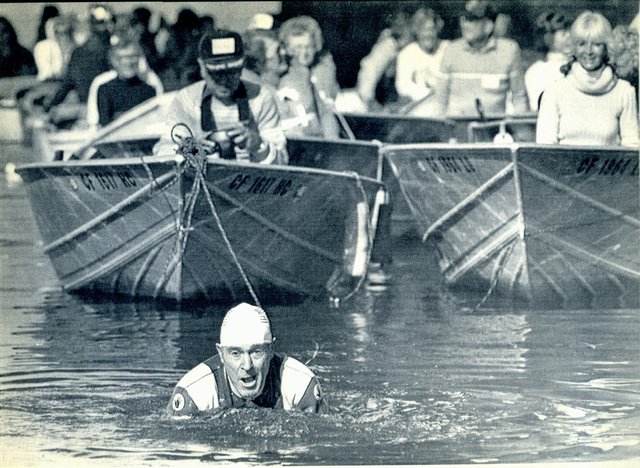audreyh1
Give me a museum and I'll fill it. (Picasso) Give me a forum ...
Yet more studies on exercise and longevity summarized in the NY Times:
http://well.blogs.nytimes.com/2015/...LTH&WT.mc_ev=click&ad-keywords=WCARETARG&_r=0
People who exercised moderately for 150 mins per week had a 31% lower chance of dying during the 14 year study versus the non-exercising people.
Triple that to 450 mins - best odds - 39% lower chance.
30% of exercise being vigorous improved odds 13%.
Recommendations - min 150 mins per week with 20 to 30 being vigorous.
I confess this showed up in my Facebook feed.
http://well.blogs.nytimes.com/2015/...LTH&WT.mc_ev=click&ad-keywords=WCARETARG&_r=0
People who exercised moderately for 150 mins per week had a 31% lower chance of dying during the 14 year study versus the non-exercising people.
Triple that to 450 mins - best odds - 39% lower chance.
30% of exercise being vigorous improved odds 13%.
Recommendations - min 150 mins per week with 20 to 30 being vigorous.
I confess this showed up in my Facebook feed.
Last edited:


